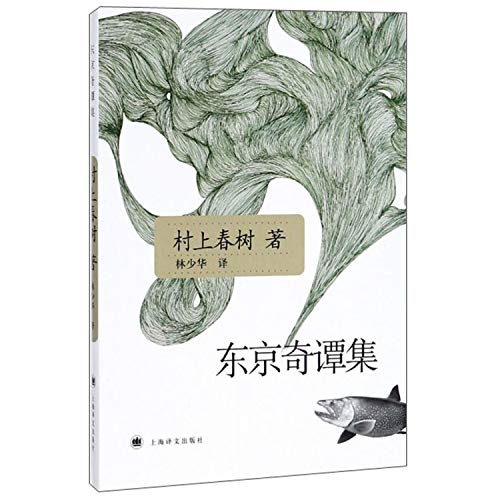WULOLIFE
《东京奇谭集》作者: [日] 村上春树 出版社: 上海译文出版社
《东京奇谭集》作者: [日] 村上春树 出版社: 上海译文出版社
Couldn't load pickup availability
Description
内容简介 · · · · · ·
《东京奇谭集》收有五部短篇小说,分别为《偶然的旅人》、《哈纳莱伊湾》、《在可能找见的地方,无论哪里》、《天天移动的肾脏石块》和《品川猴》。五篇奇谭中最奇的是最后一篇《品川猴》。一个叫安藤瑞纪的年轻女子得了一种“忘名症”,每星期有一两次想不起自己的名字,几经周折,查明“忘名症”起因于一只猴……虽说是“奇谭”,但村上春树在小说中讨论的仍然是形而上的人生问题。
谭通谈,奇谭即奇谈、奇闻之意。众所周知,村上小说的篇名大多声东击西,避实就虚,而这部短篇集却表里如一,果然是发生在东京的奇谭。小说过偶然性突出了人生命运的神秘感。
村上春树一如既往,依然在不动声色地拆除着现实与非现实或此岸世界与彼岸世界之间的篱笆,依然像鹰一样在潜意识王国上空盘旋着,寻找更深更暗的底层,依然力图从庸常的世俗生活中剥离出灵魂信息和人性机微。
作者简介 · · · · · ·
村上春树(1949- ),日本小说家。曾在早稻田大学文学部戏剧科就读。1979年,他的第一部小说《听风之歌》问世后,即被搬上了银幕。随后,他的优秀作品《1973年的弹子球》、《寻羊冒险记》、《挪威的森林》等相继发表。他的创作不受传统拘束,构思新奇,行文潇洒面更有特色,他没有把这种情绪写成负的东西,而是通过内心的心智性操作使之升华为一种优雅的格调,一种乐在其中的境界,以此来为读者,尤其是生活在城市里的人们提供了一种生活模式或生命的体验。
